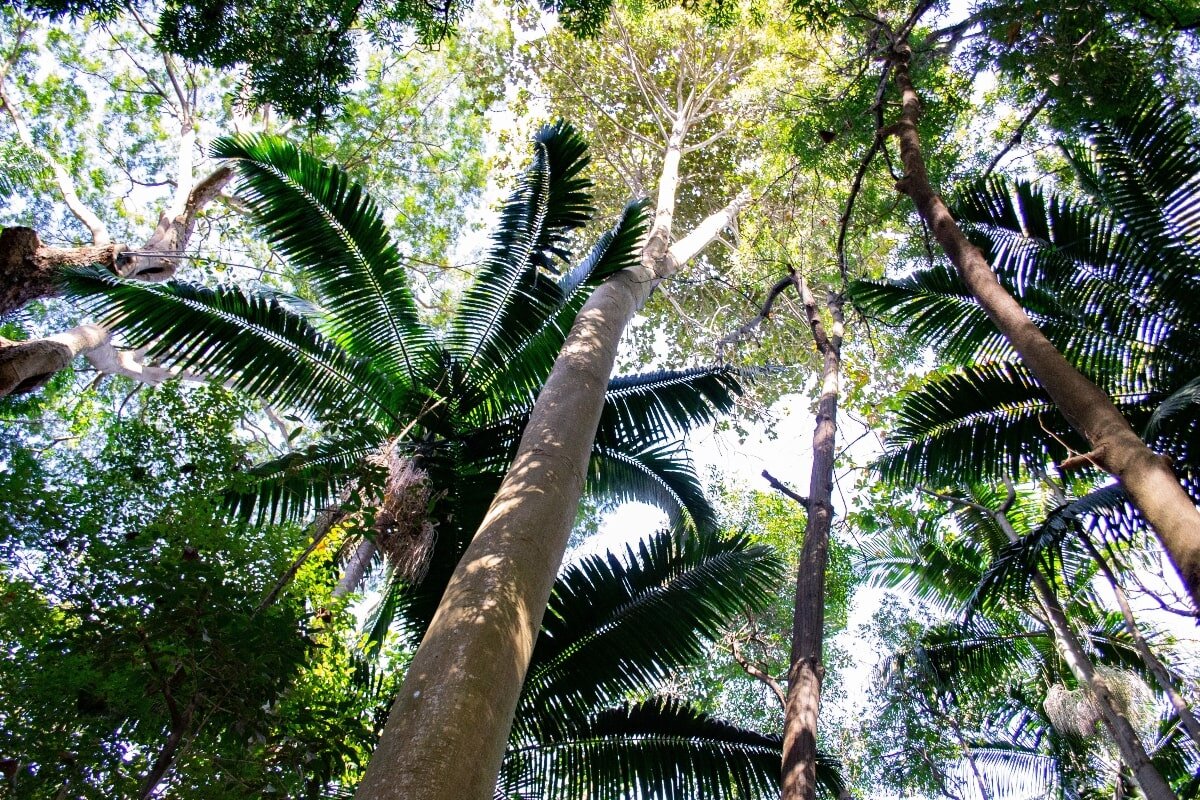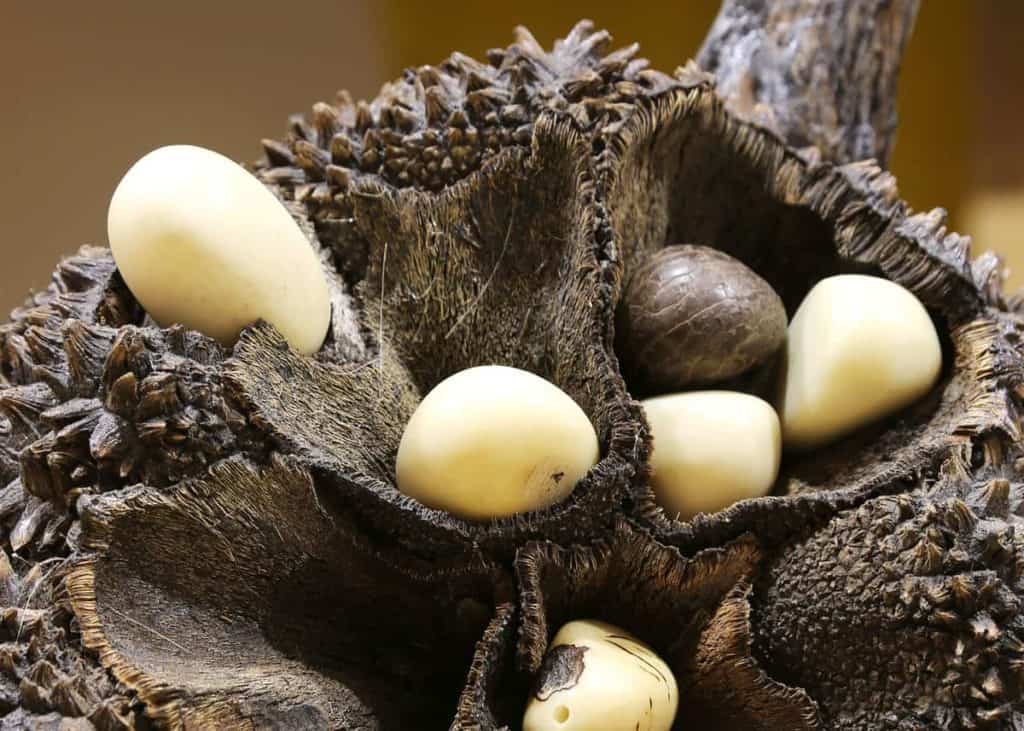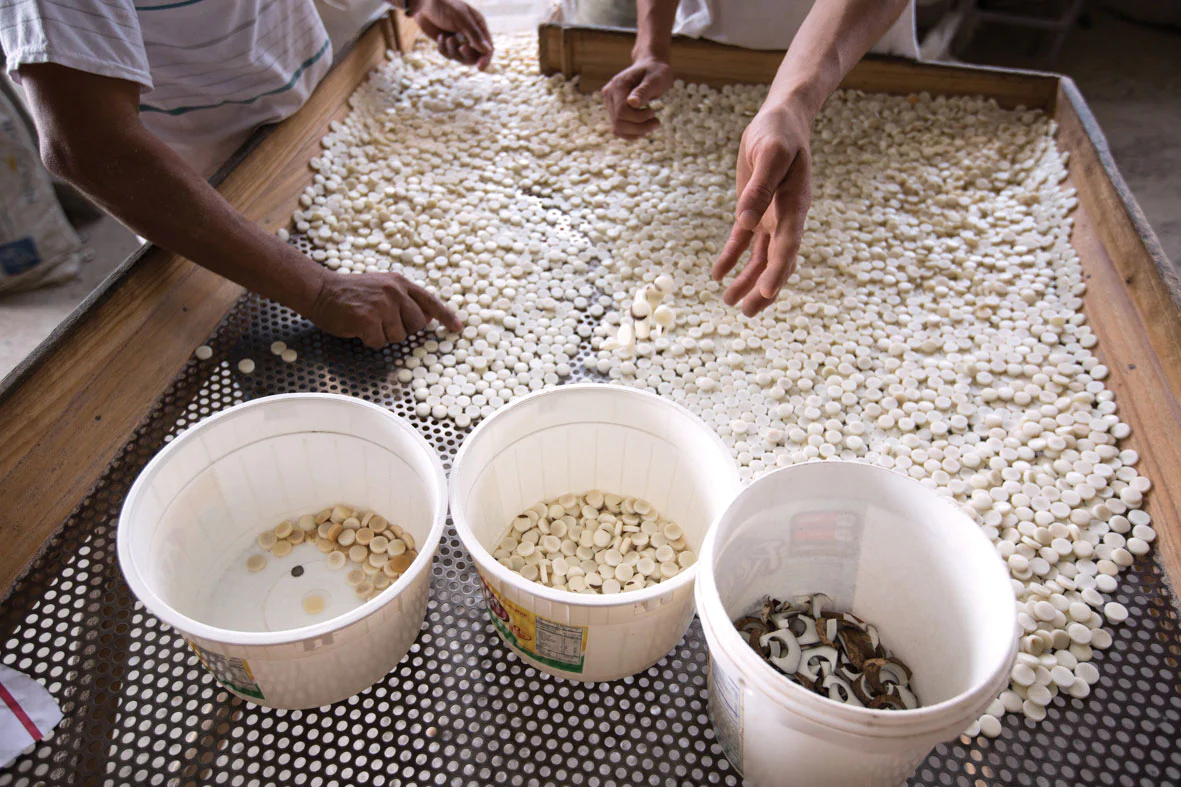In an era where sustainability is gaining momentum, industries around the world are seeking eco-friendly alternatives. One such innovation can be found in the farming and manufacturing of corozo buttons. Derived from the corozo palm tree, these buttons offer a sustainable and ethical choice for the fashion and garment industries. This article explores the fascinating process of cultivating and producing corozo buttons, highlighting their environmental benefits and contribution to the global movement towards a greener future.

The corozo palm tree, scientifically known as Phytelephas aequatorialis, is native to the tropical regions of South America. These majestic trees can grow up to 20 meters in height and have large fan-shaped leaves. The corozo palm produces a fruit, commonly referred to as "tagua" or "vegetable ivory," which holds the key to corozo button production. The tagua fruit is harvested sustainably, as the palm tree continues to grow and thrive even after the fruit is collected.

The process of harvesting tagua fruits is a delicate operation that requires skilled labour. Farmers carefully climb the tall corozo palm trees to gather mature fruits, ensuring minimal damage to the tree itself. Harvesting is carried out without cutting down the trees, making corozo palm cultivation an environmentally friendly practice. This sustainable approach allows the corozo palm forests to remain intact, preserving the natural habitat and biodiversity of the region.
After harvesting, the tagua fruits are dried and the outer husk is removed to reveal the hard endosperm inside. This endosperm, resembling ivory in appearance and texture, is processed to extract corozo. The material is then cut into small blanks, which serve as the raw material for button manufacturing.

In button production, the corozo blanks undergo various processes including shaping, sanding, and polishing. Skilled artisans carve intricate designs or shape the blanks into buttons of different sizes and styles. The natural grain and lustre of corozo give the buttons a unique and elegant aesthetic, making them a popular choice in the fashion industry.
Corozo buttons are highly regarded for their environmental benefits. Firstly, the cultivation of corozo palm trees promotes reforestation and conservation efforts, as these trees help sequester carbon dioxide and provide habitat for various species. Additionally, corozo buttons are biodegradable, unlike their plastic counterparts, and do not contribute to the global plastic waste crisis. The use of corozo buttons supports the shift towards a circular economy, where materials can be reused or recycled, minimizing waste and environmental impact.
The farming and manufacturing of corozo buttons exemplify sustainable practices that are vital in today's world. From the careful cultivation and responsible harvesting of corozo palm trees to the skilful craftsmanship involved in button production, this eco-friendly alternative to plastic buttons offers numerous environmental benefits. As fashion and garment industries increasingly prioritize sustainability, corozo buttons are gaining popularity for their unique aesthetics and positive impact on the planet. By choosing corozo buttons, we can contribute to a greener future, where style and sustainability seamlessly intertwine.
